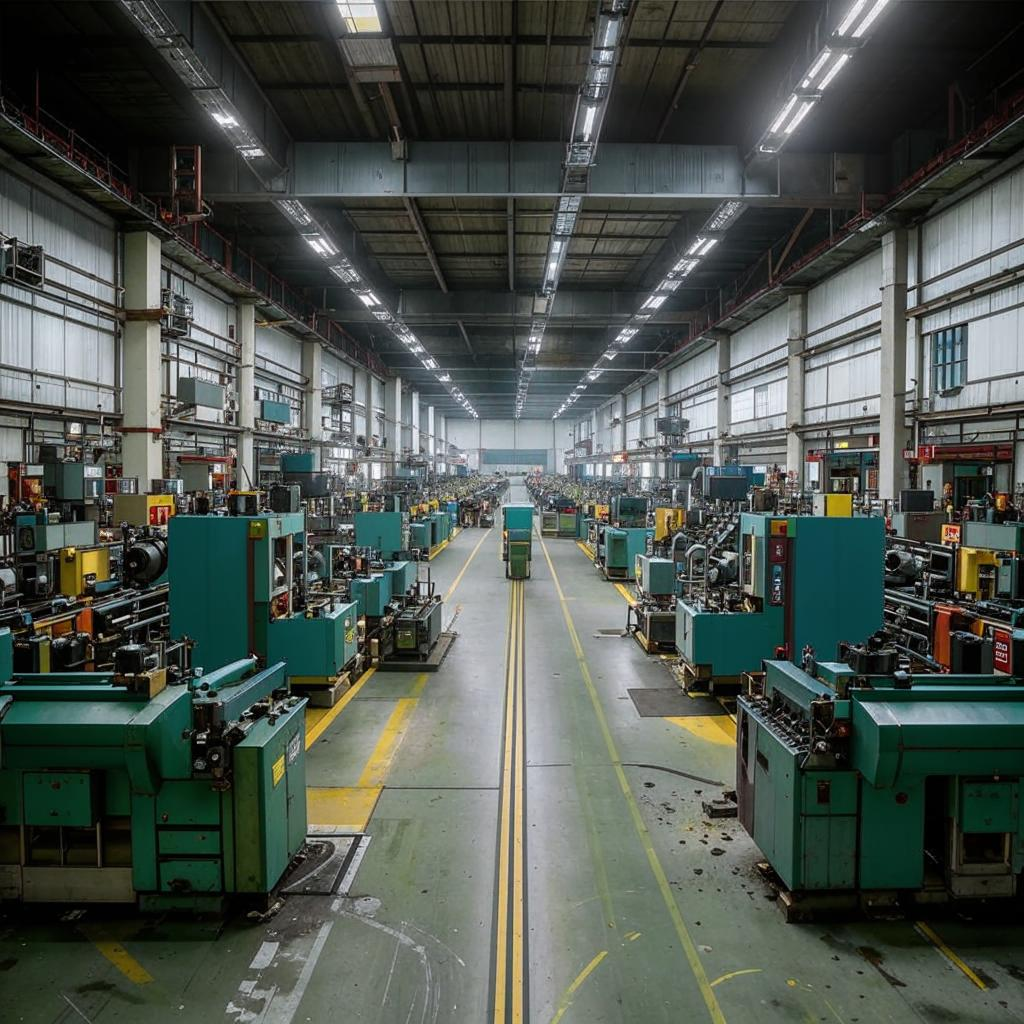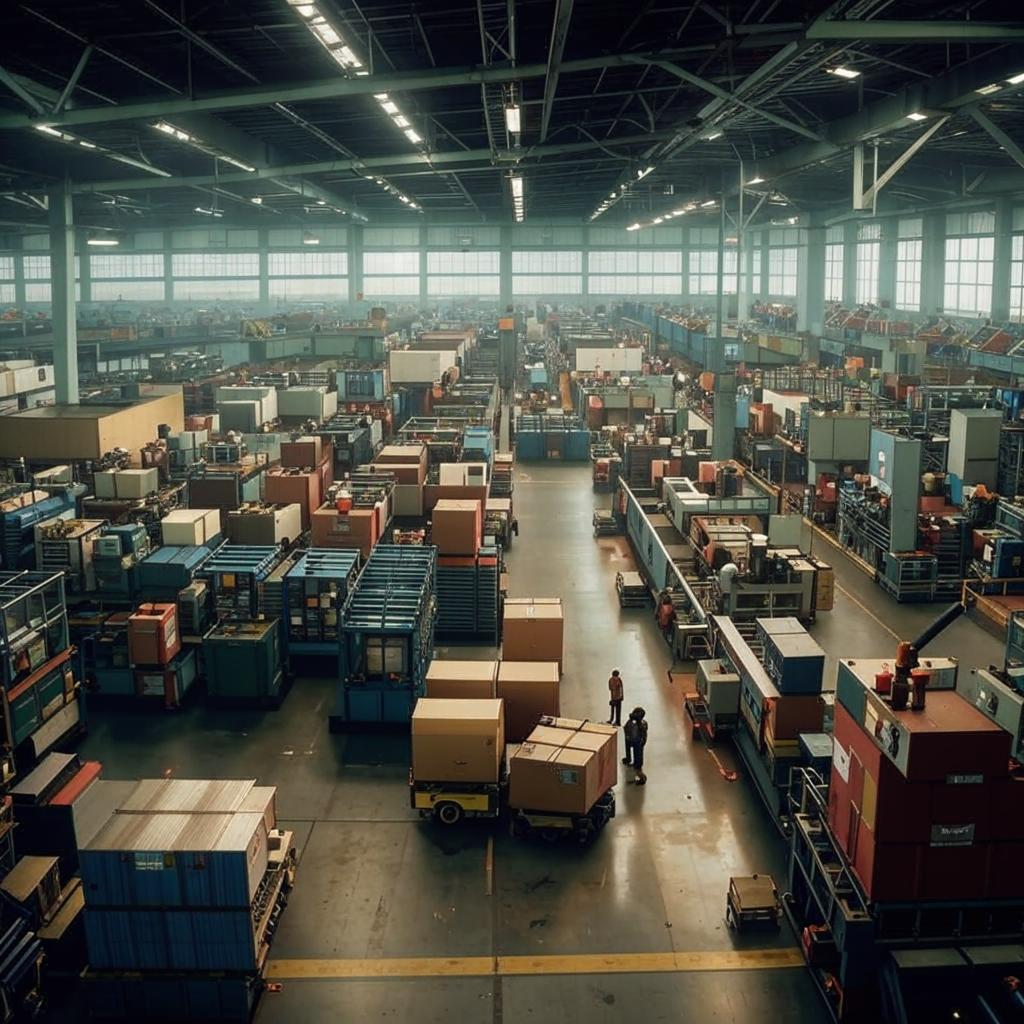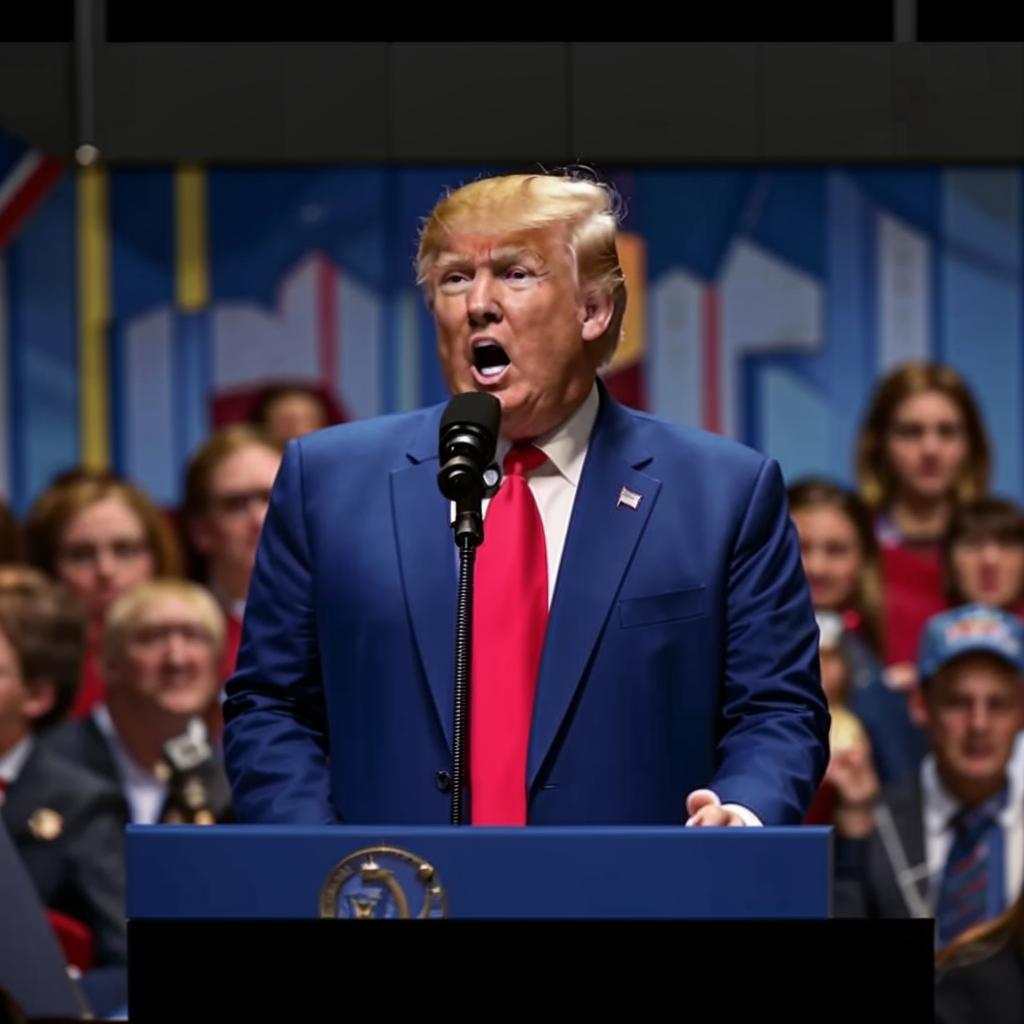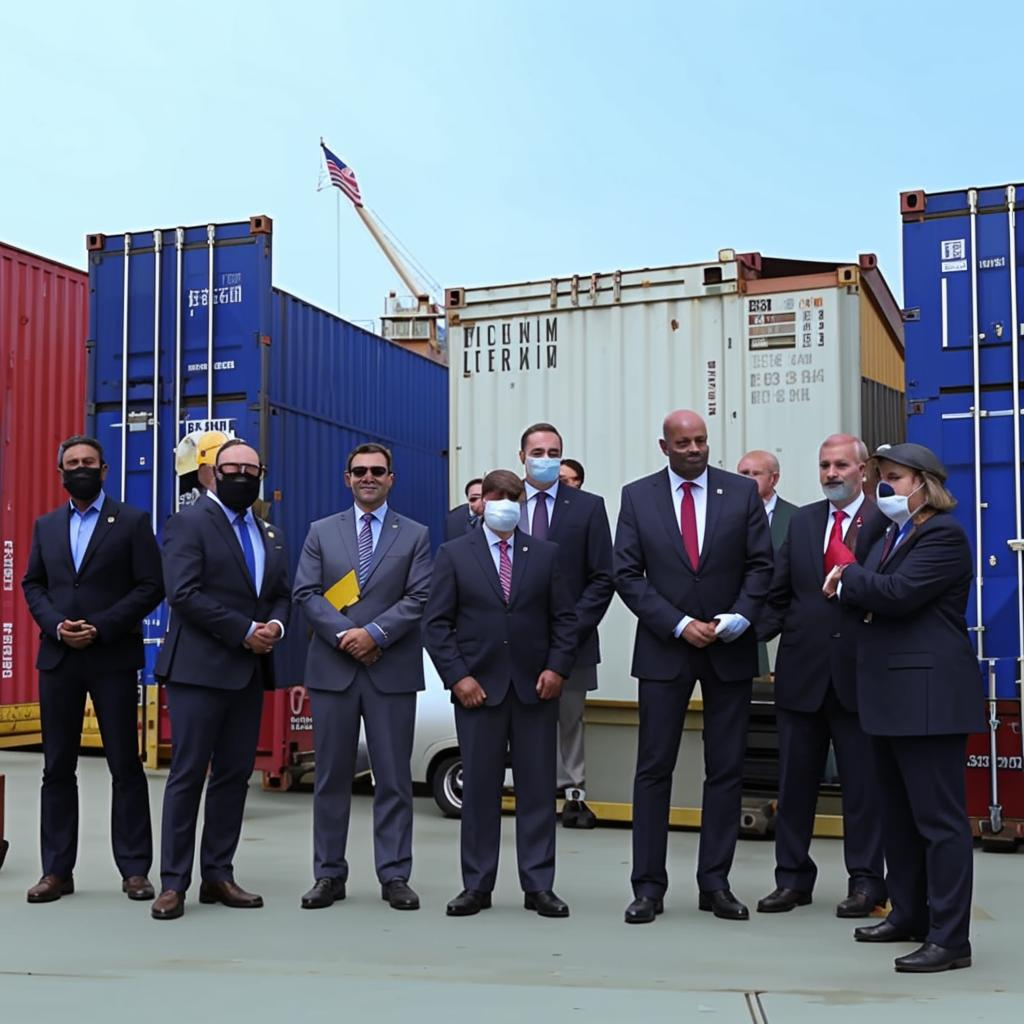The U.S. economy faces significant upheaval as President Trump’s tariffs spark fears of a full-blown trade war. These tariffs, particularly those targeting goods from China and Mexico, are creating a ripple effect across various sectors, threatening economic stability and growth.
Businesses are grappling with increased costs for imported materials and components, leading to higher prices for consumers. This inflationary pressure could dampen consumer spending, a key driver of the American economy. Furthermore, companies reliant on exports face reduced competitiveness in global markets, potentially leading to decreased production and job losses.
Economists warn that the escalating trade tensions could trigger a slowdown in economic activity, with some predicting a possible recession. The uncertainty surrounding trade policy is also deterring businesses from making long-term investments, further hindering economic expansion.
The impact is not limited to specific industries; the tariffs affect a wide range of sectors, from manufacturing and agriculture to technology and retail. Farmers, for instance, are struggling with declining exports due to retaliatory tariffs imposed by other countries.
The potential consequences of this trade war are far-reaching, impacting not only the U.S. economy but also the global economic landscape. As the situation unfolds, businesses and consumers alike must brace themselves for a period of significant change and uncertainty. The long-term effects of these tariffs remain to be seen, but the immediate impact is already being felt across the nation.















